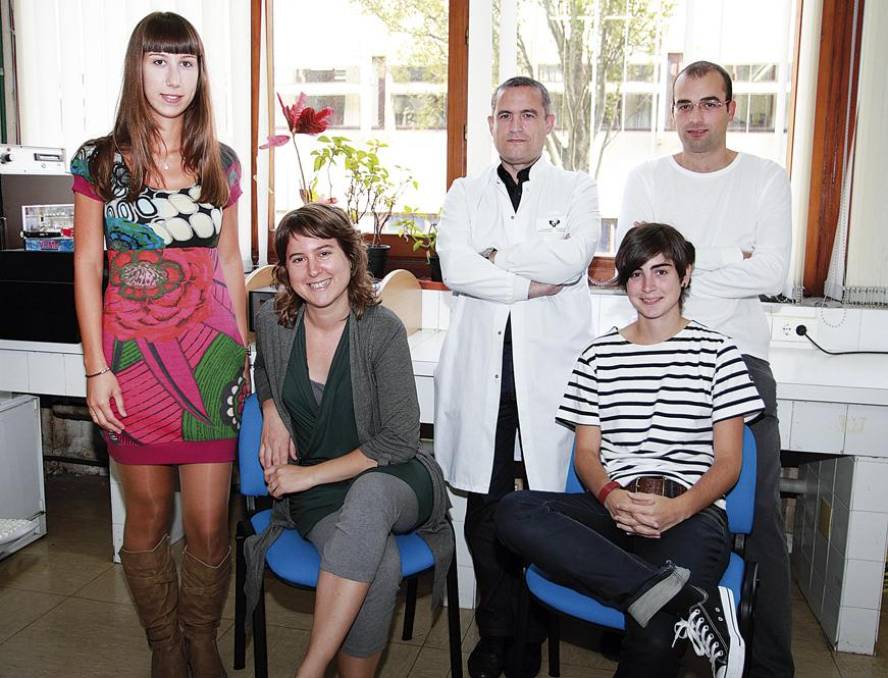New new destinations to develop pain medicines

The sensory apparatus of pain may suffer confusion that causes pain to become chronic or abusive. UPV-EHU researchers have discovered a new molecular mechanism that causes pain cronification and research provides a basis for the development of more effective analgesic drugs.
Linked to serotonin, the mechanism discovered by the group Pain Mechanisms of the Department of Neurosciences. Serotonin performs, among other things, the function of modulating pain. However, this research has shown that it also participates in processes that make chronic or excessive pain. In an animal model that suffers a nerve injury, the mechanism has been checked. Researchers have found that the 5-HT2A receptor of serotonin and the mGluR1 receptor of glutamate are mutually activated, resulting in increased pain and prolongation over time. "This molecular mechanism starts within a few hours since the nerve is resentful, and is responsible for extending the pain to strange and unusual locations unrelated to the damage, for example, on the other side of the place that has suffered bodily damage," said doctor Jatsu Azkue, director of the group Pain Mechanisms.
Currently, one of the strategies to act against pain is the proliferation of neurotransmitter serotonin in the nervous system, and the results of the study indicate that "serotonin does not always reduce pain, but can help worsen", explained Azkue. "Better strategy than increasing the amount of serotonin would be to control the less desirable effects of serotonin by drugs that would block the activation of the 5-HT2A receptor or act on it and on the mGluR1 receptor of glutamate at once," he adds.
The article on discovery has been published in the journal The Journal of Neuroscience.





